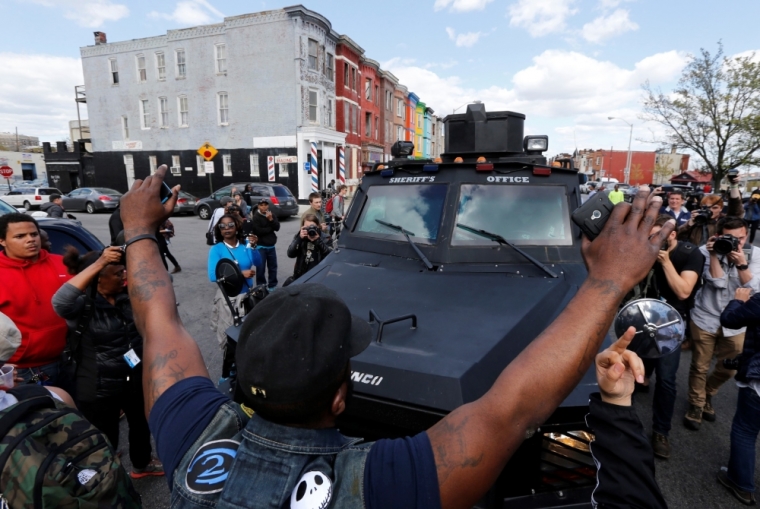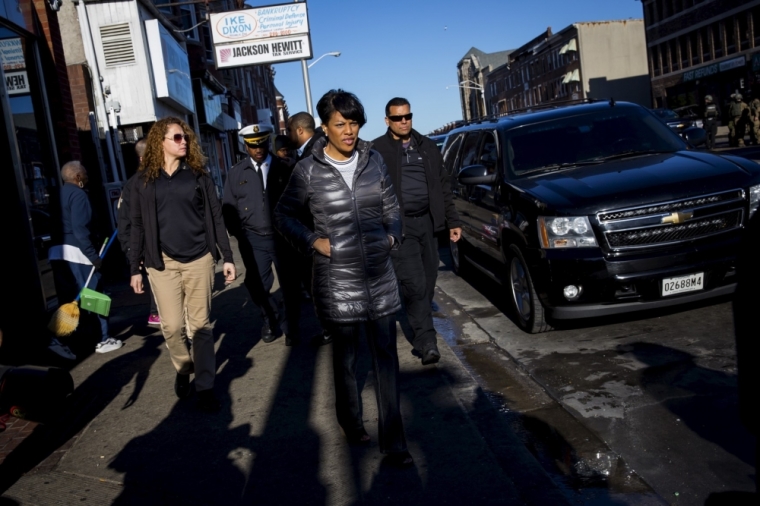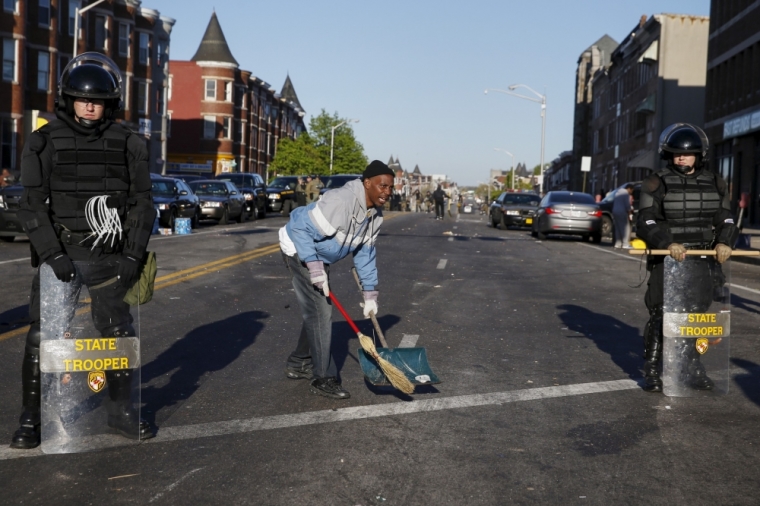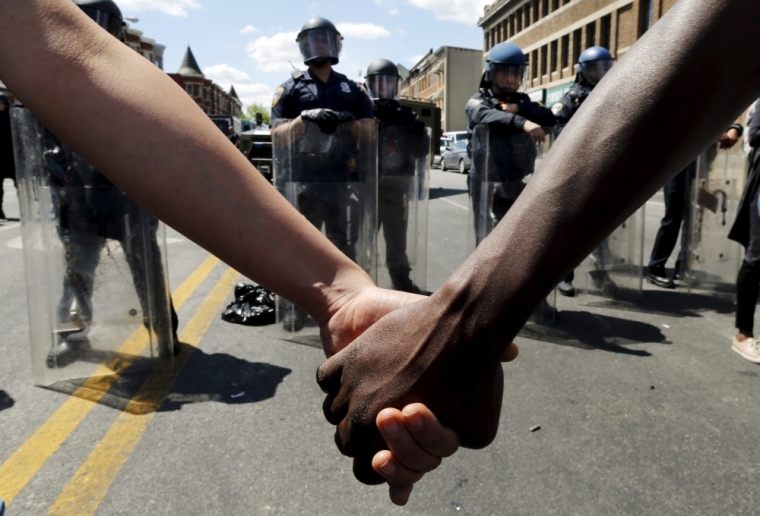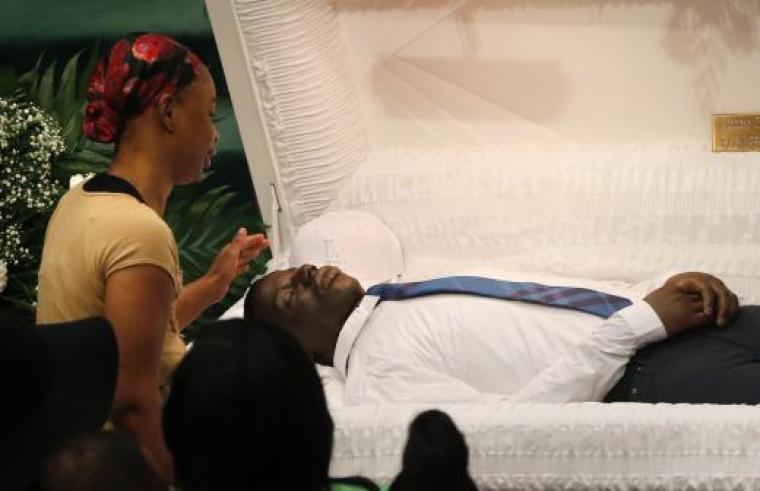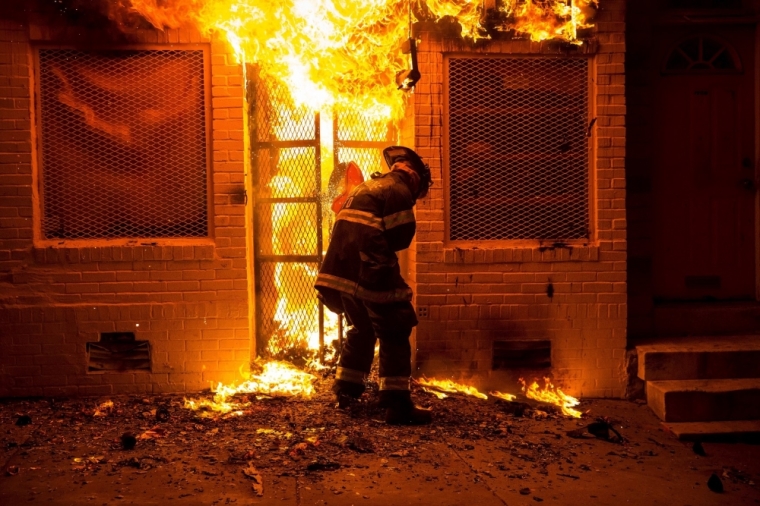Baltimore Pastor of Diverse Church Located Just Blocks From Rioting Says White Christians Need to Acknowledge Systemic Racism
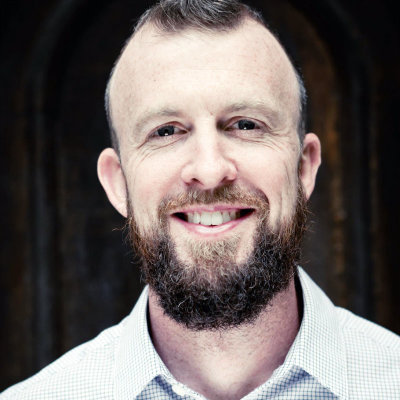
CP: What does your faith community look like? What kind of age groups and ethnicities are represented?
Kurz: We are predominantly young, a lot of 20- and 30-somethings, older folks. We've got a number of students as well as people from the neighborhood. … I usually describe it this way: we're made up of lifelong Baltimoreans as well as city transplants, people kinda moving through. Racially, we are about half-white, half-black (with) a few others in the mix, but mostly African-American and Caucasian split right down the middle.
CP: You mentioned that The Garden Church is located not too far from ground zero, the CVS that was burned down.
Kurz: We're about eight-10 blocks from that CVS.
CP: How has The Garden Church been affected by the protests and disorder in Baltimore?
Kurz: We've really been just trying to serve as a church. There has been an emotional impact. I mean of course Freddie Gray, his neighborhood is just one neighborhood over, in Sandtown. One of our members know the family, so there has been an emotional impact with some, and all of us as far as just dealing with the situation.
But really for the most part, our church members have responded very well. They're serving, coming together, they've been down at ground zero, if you would, serving in various ways. Even during the riots, we had people down there. We had one guy who actually stood in front of a gas station and didn't allow looters to loot it. He stood them off basically, which is pretty remarkable. So it's been positive.
CP: What's your take on what's going on right now?
Kurz: It's complex. There is... the more we live in any area that has issues, the more complex we realize that the problem actually is. First of all, there is the national tension that has been built up around police brutality, so that of course has been brewing here. However, at the same time, that's kinda been going on ever since I've lived here. It's been going on for many years before I ever moved here, you know. People living in the neighborhood tell me that this is the same stuff that catapulted the 1968 riots in our city. This is old tension. This is why the kids were so quick to react in the way that they did. It's because it's been brewing for a very long time.
There's been distrust between the police and the community residents for many years. I think when it comes down to the actual events, I feel like in some ways the community around us and many of the communities in Baltimore — not just simply the neighborhood where the looting took place, but all over — it's a community that has no voice, that feels like they have no control. And then when kids get out of school and police are in riot gear and they're being told to get off the buses and public transportation's shut down and rioting begins, I feel like in many ways the looting is just simply a grasp at control. I think for a brief moment these youths have an opportunity to feel power. So when they break a window or steal something, they're just simply feeling that and it's intoxicating. There are deep systemic issues. There is no surface issue that's really the cause. There's some deep stuff that's been going on that's been going on for a lot of years.
CP: What is your prayer for your city?
Kurz: The first prayer is that people's hearts would be softened to the Gospel during all of this. You know, historically, revivals have been birthed out of tragedy and my prayer is that our city would realize that there is no ultimate hope in the things we put our hope in, whether that is authority or whether that is violence and that there is only hope in the message of Christ. So I'm praying that hearts would be softened to the Gospel through this, that churches would also preach the Gospel as well. The prosperity gospel is really thick in Baltimore and we need churches to get back to the basics of who we are, who God is, who Christ is.
Then of course, peace, that riots won't continue. On a more surface level, whether convictions do or do not come in this police case, whatever the outcome may be, I think we need to pray for peace, that our citizens would respond well and would not resort to rioting and looting once again.
CP: How would you like Christians on the outside who are looking in to respond to what is going on in Baltimore right now? What should they be doing?
Kurz: I think the Church as a whole needs to have very deep and meaningful conversations on race. I think, honestly speaking as a white guy, a lot white people in white churches don't want to believe that race is still an issue and don't really want to talk about it. And I think we need to. We need to talk about systemic racism that still exists in our country. We need to be open to that.
I think we also need to listen. Sometimes, we have more answers than we do listening ears, and I think we need to listen. We need to listen to the voices of those that are hurting, the voices of those that are angry, so that we can actually come up with some meaningful answers and some real solutions, as opposed to just running with our impressions.
Photo gallery: Scenes from protests and unrest in Baltimore











